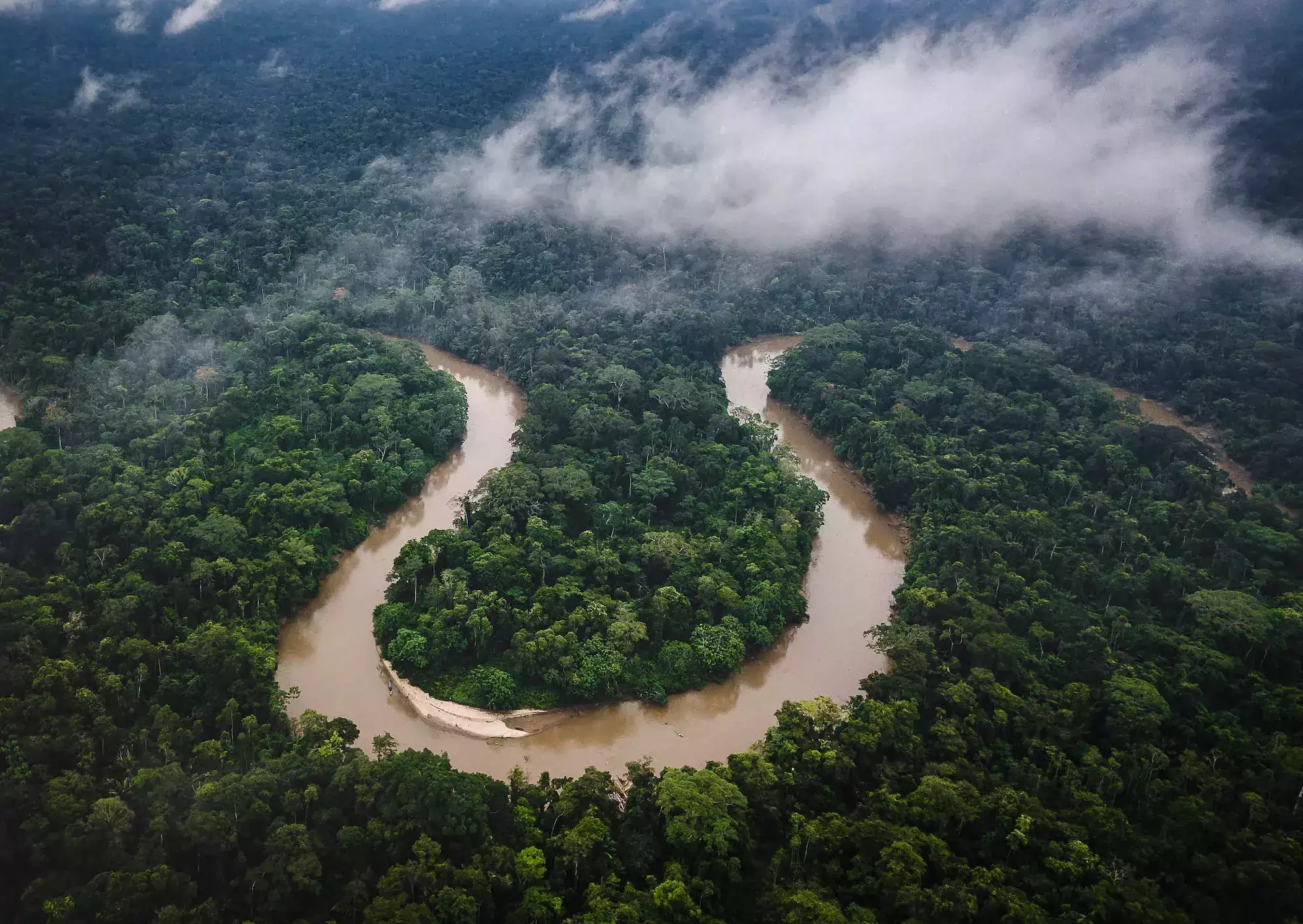New Study Reveals Menopause-Like Symptoms in Wild Chimpanzees
The phenomenon of menopause, typically associated with human females, has intrigued scientists for years. However, recent research has shed light on menopausal symptoms in wild animals, particularly in aquatic mammals.
While humans possess societal structures and accomplish remarkable feats that distinguish them from other species, they have also found a way to turn post-fertility into an advantage. Menopause, though hindering the passing on of maternal genes to offspring, could be an energy-efficient mechanism for females to support the survival of their grandchildren, serving their genetic interests. This idea, known as the “grandmother hypothesis,” suggests that as females age, it becomes more beneficial for them to divert resources towards their grandchildren rather than having more children of their own.
Menopause has traditionally been viewed as an uncommon evolutionary strategy, as most species can reproduce until the end of their lives. However, a comprehensive two-decade study on wild chimpanzees in Uganda’s Kibale National Park has revealed that these primates also experience menopause-like symptoms. This makes them part of a shortlist of menopausal animals that includes killer whales, pilot whales, belugas, narwhals, and humans.
Researchers found that female chimpanzees in the Ngogo community begin to exhibit menopause-like symptoms around the age of 30. After two decades of declining fertility, no births have been observed after the age of 50, indicating a loss of reproductive ability similar to humans. However, it is worth noting that reaching menopause does not signify the end of their lives, as many female chimpanzees live beyond the age of 50 and do not seem particularly interested in caring for their grandchildren, challenging the grandmother hypothesis.
The evolutionary purpose behind menopause in chimpanzees remains speculative. One hypothesis suggests that it may be a temporary response, observed primarily in captive chimpanzees, indicating a response to favorable ecological conditions. Another possibility is that menopause is a natural evolutionary trait in chimpanzees, but its extensive observation has been hindered by human activities and diseases negatively impacting their populations, resulting in premature mortality.
According to study author Brian M. Wood, the findings highlight that menopause and post-reproductive survival occur across a wider range of species and socio-ecological conditions, providing insight into the roles that improved diets and reduced predation risks may have played in human evolution. Further research is needed to unravel the mysteries of menopause and its evolutionary implications among different species.

I have over 10 years of experience in the cryptocurrency industry and I have been on the list of the top authors on LinkedIn for the past 5 years. I have a wealth of knowledge to share with my readers, and my goal is to help them navigate the ever-changing world of cryptocurrencies.







